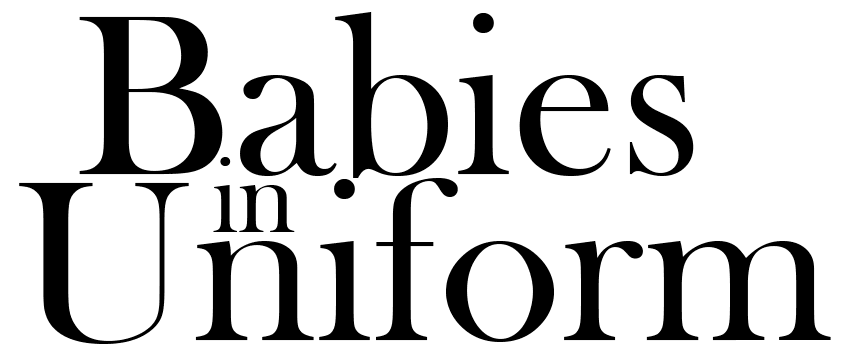Top soft skills for accounting professionals

They will also learn how a business makes a profit and how it can use its liquidity. In this guide, we will go over the soft skills and hard skills you must to become a successful accountant. The best way to improve as an accountant is to continuously learn throughout your career.

Accountants keep track of spending and collecting money for businesses, governments, individuals, and many others by monitoring finances to measure the progress of particular goals. Accountants do this by performing calculations and adding or subtracting amounts. Accountants also help individuals, businesses, governments, and many other organizations use these records to track and analyze financial information. Another way to improve accounting and finance skills is to read books and articles on the subject. There are many good books that cover the basics of accounting and finance. In addition, there are specialized books that focus on specific topics in accounting and finance.
Business acumen
Concepts such as the double-entry system and three golden accounting rules are the fundamentals of accounting. Without a foundation in these basics, you’ll find it difficult to practice as a bookkeeper or an accountant. Accountants of today need tech-savviness, along with business acumen and interpersonal skills, much more than their peers of the past.
Expert communication skills are essential to advance in your accounting career. Accounting managers spend most of their time communicating with direct reports, controllers, finance directors and colleagues from other departments who may be less familiar with accounting terms. Financial statements are the bread and butter of accounting firms and business operations. Knowledge of how to prepare and report on financial statements is critical to becoming an accountant.
Careers
While accountants do get a lot of their work done from behind a computer and sometimes by working solo, they collaborate and communicate with an array of people. From their own accounting team to auditors to colleagues across departments and the like, accountants need to know how to work well in a team environment. Accountants must have strong analytical skills to interpret what can you do if a customer doesnt pay an invoice what the data means in terms of practical business decisions and actions. It also is helpful when businesses select software solutions that don’t require the utmost IT skills to utilise properly, such as out-of-the-box and low code automation solutions. As time goes on, more technology is deployed within organisations, including within the finance department.
- Accountants do this by performing calculations and adding or subtracting amounts.
- The ability to lead projects and manage teams becomes critical as one climbs the professional ladder.
- This deals with leadership development skills, leading to the creation of an all-inclusive skillset to best serve your clients.
As a prospective accountant, you must demonstrate proficiency in basic technical accounting skills. Many accountants also reported that their communication skills helped them establish professional relationships with other people in their companies. The professional’s primary communication skills include speaking publicly, using proper grammar, and having good communication skills with other people to work together effectively. Accountants often work with other business professionals like HR managers and financial analysts, so they need to be able to communicate effectively with their colleagues.
Accounting Skills: Become a Professional Accountant by Sharpening Your Abilities
A keen eye for irregularities and errors is an essential skill for accountants. Effective communication is essential to all business roles, accountants included. The stereotypical idea of an accountant may bring to mind a person who’s glued to a computer screen full of data sets, but in reality, the job involves much more than that. If you don’t know your way around an Excel spreadsheet, take some time to practice. You might even take an online course to ensure you’re at the top of your game before applying for accounting jobs or a graduate program.
Rather, they are seeking creative problem-solvers who can help meet their needs and identify innovative ways to move their organization forward. Soft skills also set you apart from other applicants in the accounting job market. Every accountant, auditor and financial analyst should be up to date with the latest trends in the field, such as how cloud computing and blockchain technologies affect accounting. Accountancy careers currently require empathy and relationship advancement in today’s tech-driven market.
General Business Knowledge
“There are bigger opportunities for training than ever before, and we believe employees can learn technical skills as long as they have the fundamental soft skills. We organise regular insights training to help our staff understand their personalities and how they interact with our clients and the wider employee team,” she says. In addition to technical skills, employers are also looking for accountants with strong soft skills such as communication, problem solving and project management. These skills are essential in today’s business environment where accountants often have to work in cross-functional teams. Prather says strong communication skills can strengthen these interactions. Regardless of their specific profession, all accountants must examine and interpret complex financial data and clearly communicate their findings to clients.


